💡𝚂𝗆𝖺𝗋𝗍𝗆𝖺𝗇 𝙰𝗉𝗉𝗌📱
- 565 Posts
- 729 Comments
(Not so) Fun fact: I first learnt how to use Xamarin from a book he wrote. It wasn’t very good (not unlike Microsoft documentation). He started out just having everything in MainPage, then switched to having separate classes (like MVVM stuff), but didn’t point out he had made this switch! The code snippets didn’t reflect that this was actually now in a different class! Wait what?? Wait what?? Why is none of this working?! 😂 There was a later chapter about MVVM, but he had switched styles BEFORE that chapter. So when he talks about top-down and bottom-up, well, his book was an explode in the middle approach! 😂

 1·17 days ago
1·17 days agoI didn’t! It’s working for me.
the worst order of operations thing imo is with the denominator in division, many people say that 1/4x should be read as (1/4) * x and not 1/(4x)
Oh god yes. I have a whole thread dedicated to it with textbook screenshots, etc. at Order of operations thread index
although I think this is usually the less popular option in polls
Depends on how many adults have forgotten the rules, since that’s what the poll is really tracking. Students have no issue with getting them correct (we’re talking like 98% correct).
apparently wolfram alpha does it that way, as well as most newer graphing calculators (TI switched between the ti-82 and ti-83)
In both cases they’re disobeying The Distributive Law, and so are demonstrably wrong
Joke is democracy doesn’t always get it right
Yes, but more to the point it’s adults who’ve forgotten the rules. Students don’t have any issue with this. Exact same applies to all the order of operations memes floating around, like 6/2(1+2) - students have no trouble with it, it’s adults who’ve forgotten the rules who argue about it.
(-3)²
Well, in my defense, that’s has the uglies.
Well, the alternative is to have to write -(3)² every time to show it’s not (-3)², so pick your poison.
You do the exponent first, then multiplication.
-3² = -1 * 3²
There’s no multiplication, just subtraction (from an unwritten 0). -3² = 0-3²
there is no space to indicate the - represents a subtraction operator
Spaces don’t mean anything in Maths, and I don’t know why people keep adding them in! A minus sign is a minus sign, whether there are spaces next to it or not.
the immediate prefix - actually represents: (-1)x
No, it actually doesn’t. It represents 0-x. Every operation on the number line starts from 0.
this actually represents (-1)(x²)
No, it actually represents 0-x²
such that PEMDAS is upheld
Which what you wrote doesn’t. M refers literally to Multiplication signs. S refers literally to subtraction signs. -x² is E then S in PEMDAS.
I don’t make these rules
You did make those up actually (or you’ve repeated someone else who made them up).
but this is how it works
No it isn’t. A minus sign is the S in PEMDAS, not M.
Double check in wolfram alpha if you doubt it
Look in a Maths textbook. Wolfram is known to be wrong in several areas. University professors warn their students against using it without adding brackets everywhere.
there’s a difference between - as an infix operator (10 - 5) and - as a prefix (-3).
The only difference is whether it’s in brackets or not. To square the number -3 you need to put it in brackets, otherwise you’re only squaring 3.
x2 where x = -3, I don’t think you’d say it’s -9
That’s because anytime you substitute for a pronumeral, whatever the pronumeral represents goes in brackets. e.g. for x=3, 2x=2(3). So if x=-3, then x²=(-3)², as opposed to if x=3, we have -x²=-(3)². Whatever the pronumeral is equal to is inside brackets when you substitute.
Surely that would mean the answer’s ambiguous, no?
No. Exponents before Subtraction. Order of operations rules.
The lack of brackets means we can’t know definitively if - is included or not
The lack of brackets mean we definitively do know that it’s not included, because to be included, it would have to be in brackets.
I’d argue that -3 represents negative three, not subtract three
It’s actually 0-3. There’s an unwritten 0, just like if the first number was positive there’s an unwritten +. 9 is actually 0+9. All operations on the number line start from 0.
negative three is it’s own distinct number from positive three
“positive 3” is actually 0+3.
I usually skip [reading] them
Me too.

 11·2 months ago
11·2 months agothe map is 2 communities short
Couldn’t find 2 hidden communities? I guess it’s working then! 😂

 21·2 months ago
21·2 months agoWhy post something that isn’t even out for another 10 days?
Because some might want to watch it live and participate in the chat.

 1·2 months ago
1·2 months agoI do agree that per dev is such a weird way to do licensing.
Related - I was teaching at a school where I wanted them to get some plagiarism tool. The charge was per student. It was a newish school with a lot of growth, and another new school was still being built nearby (not being put into service for another year or two), so the school had A LOT of students (nearly 2 school’s worth), so, they couldn’t afford it. I ended up having to manually copy some of my student’s code and then Google it to see if they had copied it from anywhere (and yes, some of them had. BTW the most hilarious poor effort at trying to cheat was one who’s code not only didn’t even compile, but they hadn’t even bothered changing the Imperial measurements to Metric! Didn’t even need to Google that one - here’s your letter to parents 😂).
deleted by creator
Nope. You gave me something to solve, as I already said. If I have x²-x and want to solve it, I use x(x-1) to find the roots - that isn’t simplifying, that’s solving.
that’s not a result, that’s it’s shitty AI response. I am talking about the actual search results.
Yep, it’s an actual search result. Look underneath the AI part.
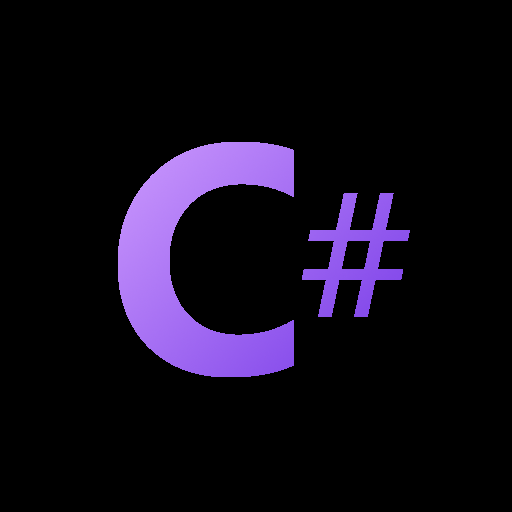

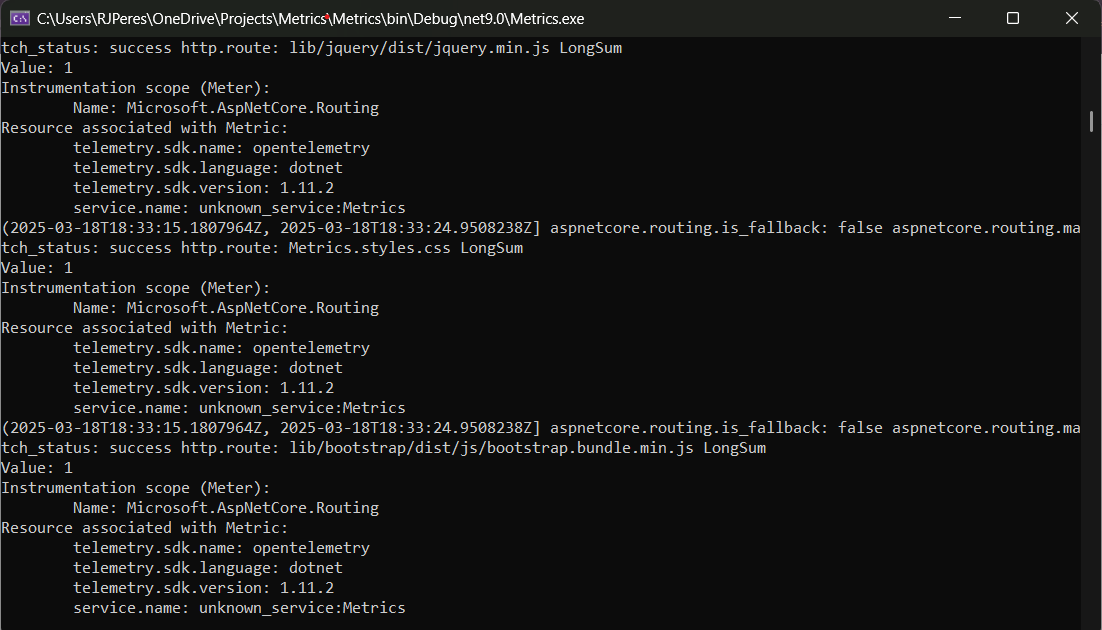




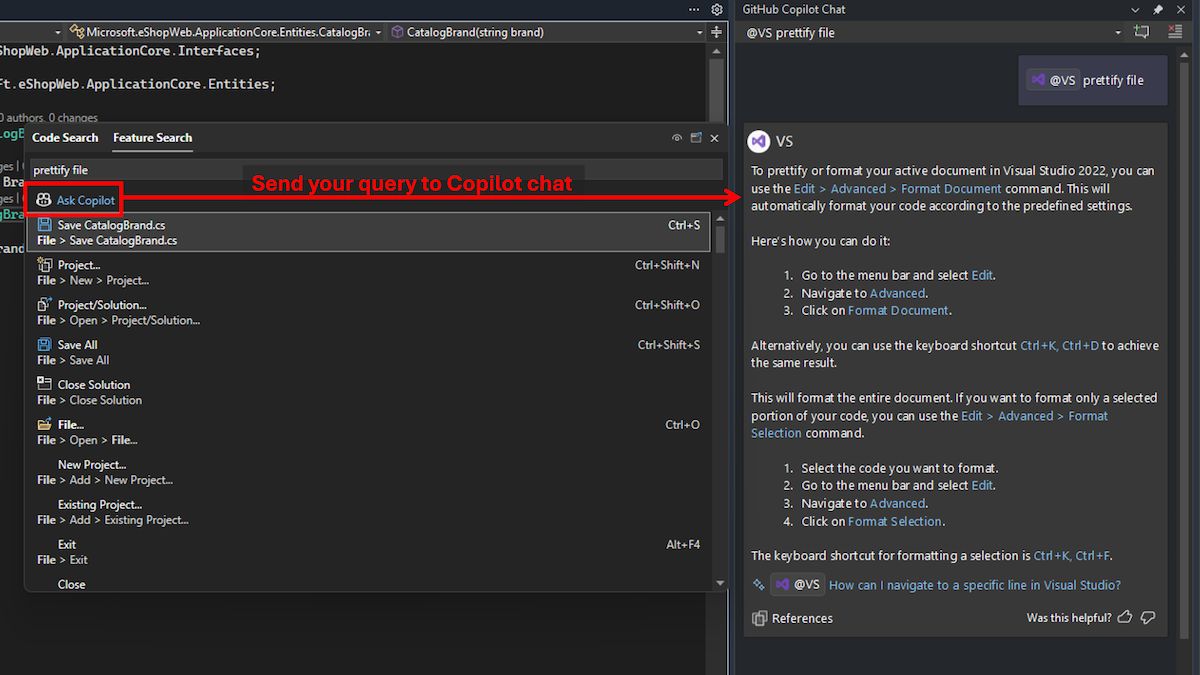






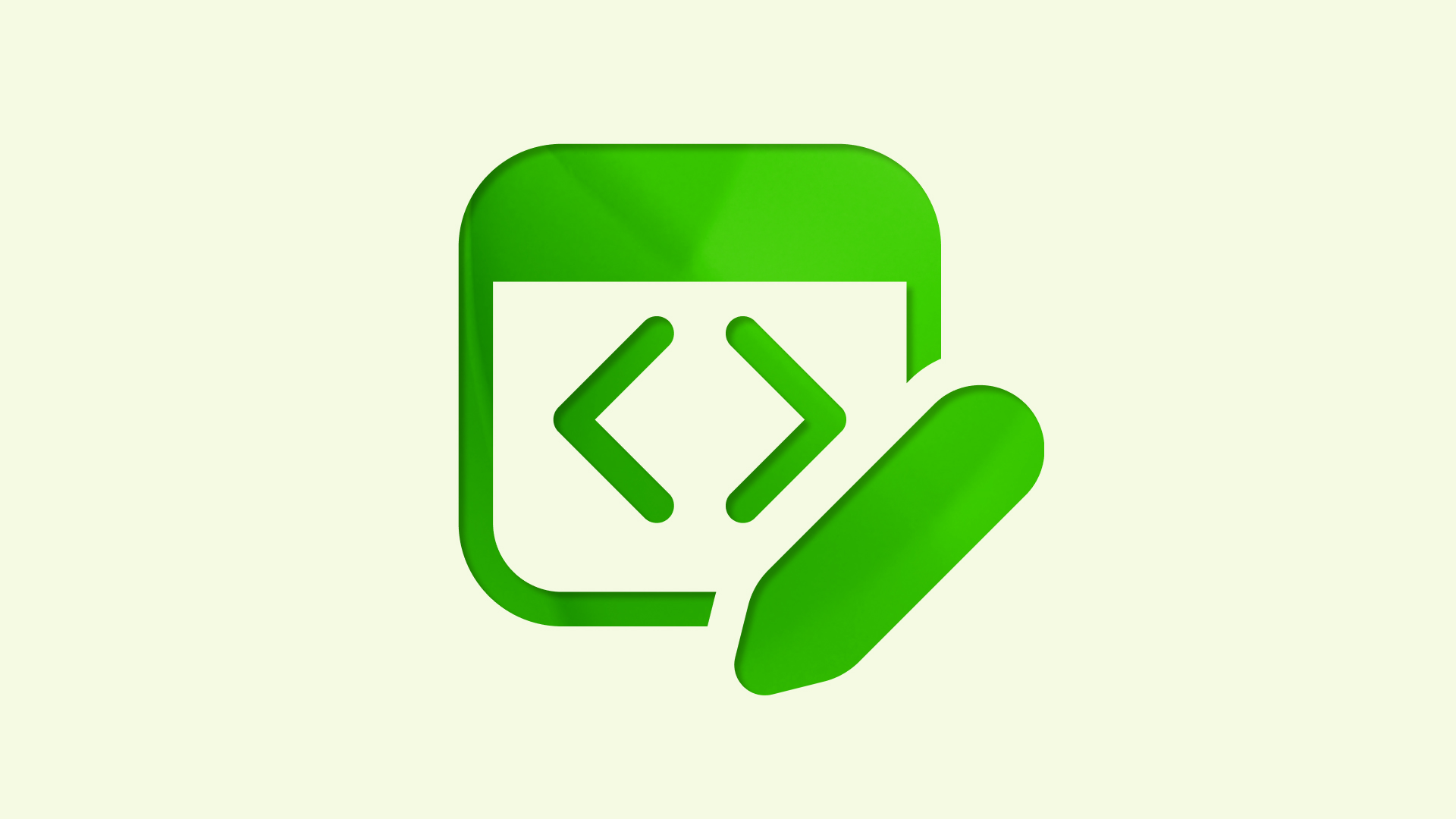
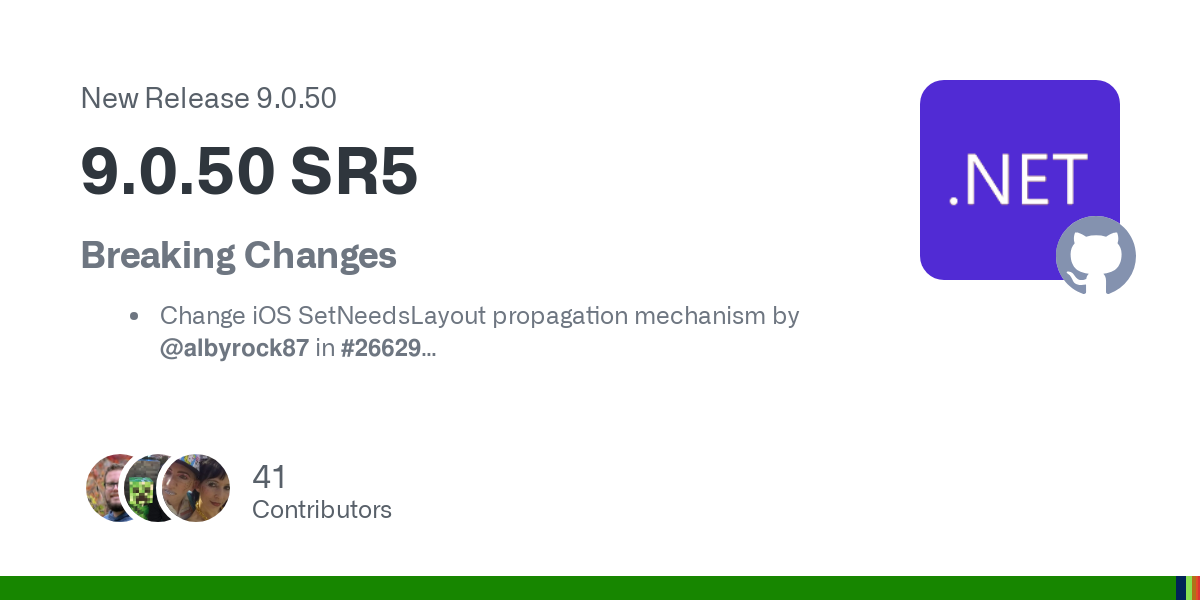



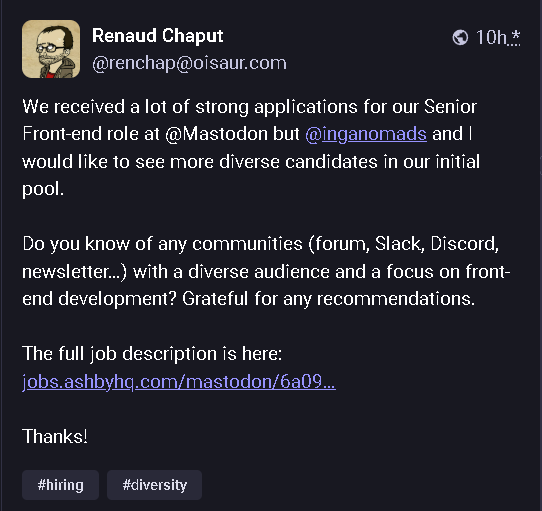

Um, ok. That’s weird, because the blog post is from just last week